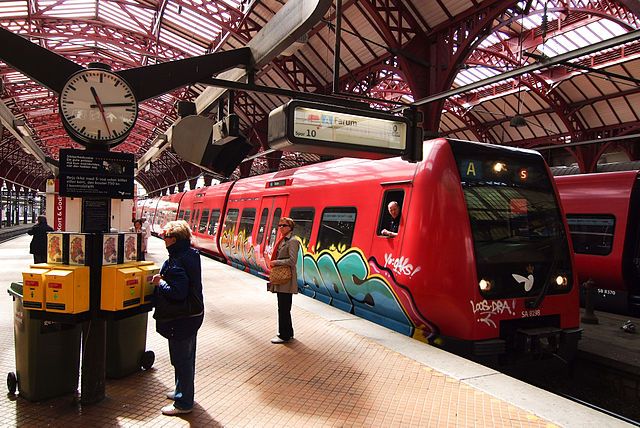The transport minister, Ole Birk Olesen, feels the cost of running the Danish railway network is too high and needs to be reduced.
READ ALSO: DSB recommends ruling out the purchase of high-speed trains
Based on the results of an analysis carried out by the consultancy firms McKinsey & Company and Stuensee & Co, the minister proposes opening the railways up to private companies, reports Berlingske Business.
“I think that running trains in Denmark is very expensive. Making the running of them more efficient to save money is a necessity if trains are to have a future here,” said Olesen.
If the cost of taking the train does not go down, the rationale for using them disappears, he argues.
We have to save money
Today, the Danish state railway company, DSB, receives 4.3 billion kroner per year from the state.
The current wave of investment in electric trains and new infrastructure should produce a saving of 1.5 billion kroner, but that is not enough, the minister feels.
The consultants have come up with six different ways as to how DSB’s costs could be cut. The most radical of them would reduce the state’s costs to 0.3-1.2 billion a year by 2030.
May the best bid win
In the future, Olesen would like to see the task of running the S-trains go to the company that makes the most competitive offer – whether it be the state or a private company.
Once the S-train net has been tendered out, the minister promises that other parts of DSB will also be up for grabs.
In 2016, the S-trains recorded 116 million journeys whilst DSB had 192.6 million journeys.
The minister is expected to call the various political parties in Parliament in for discussions after the summer holidays.
















